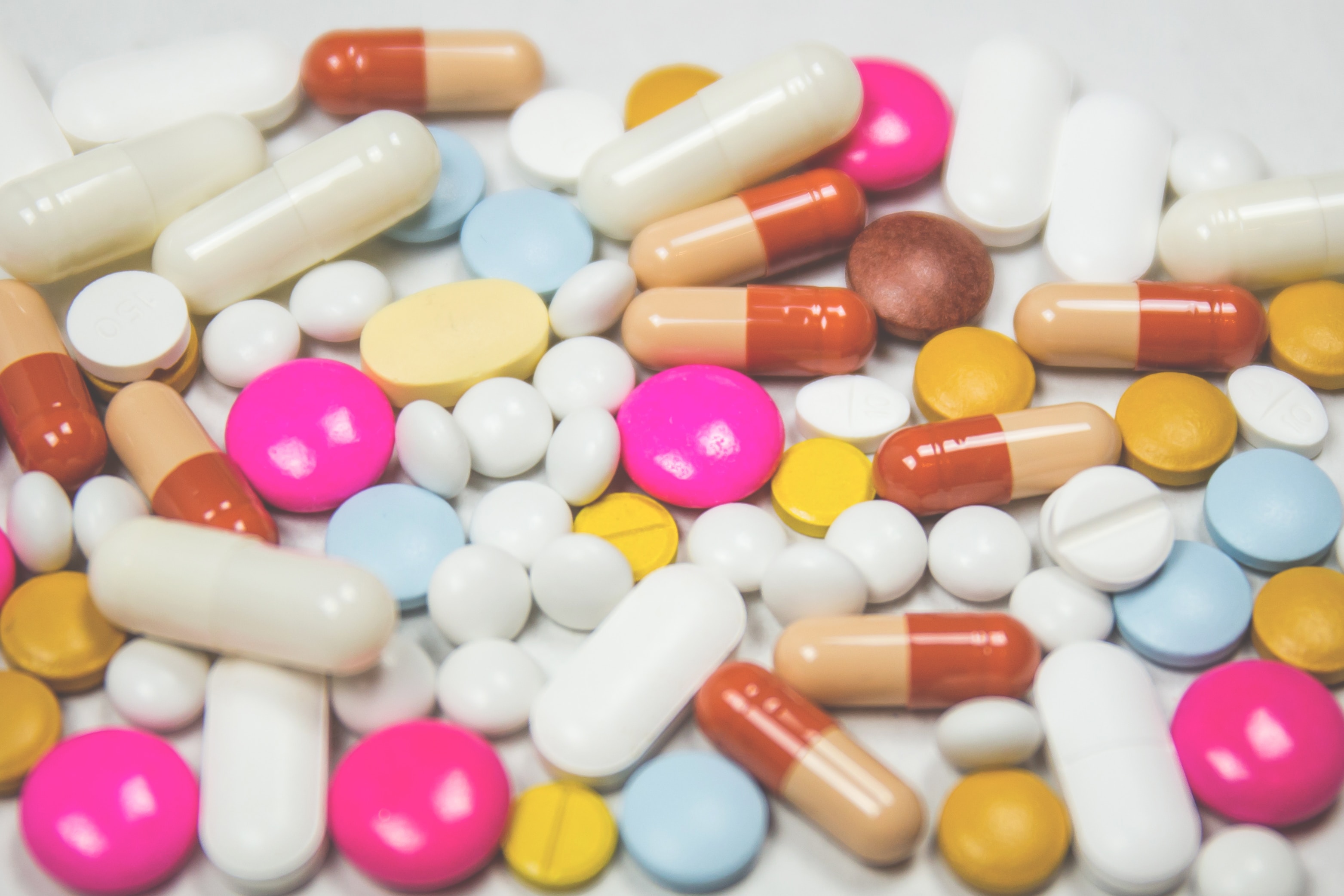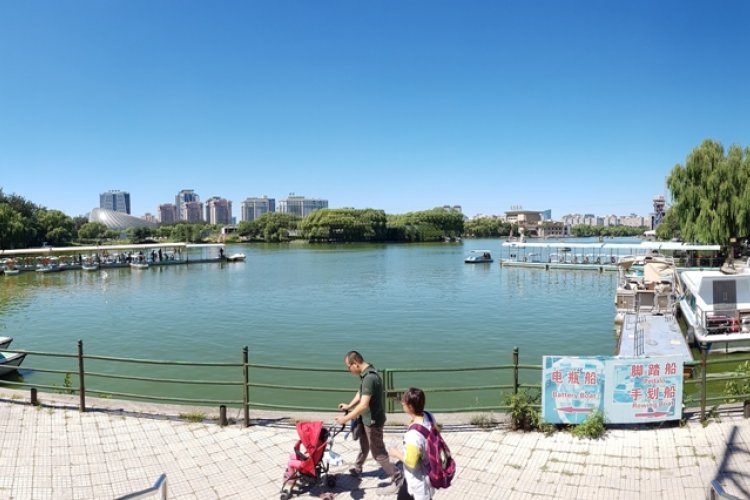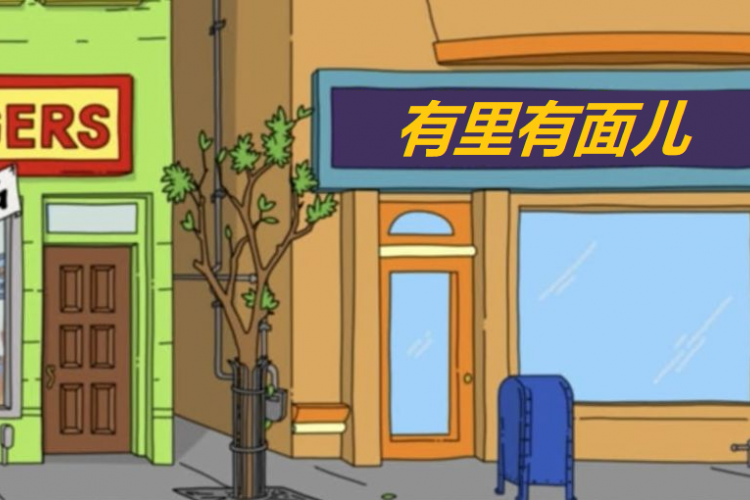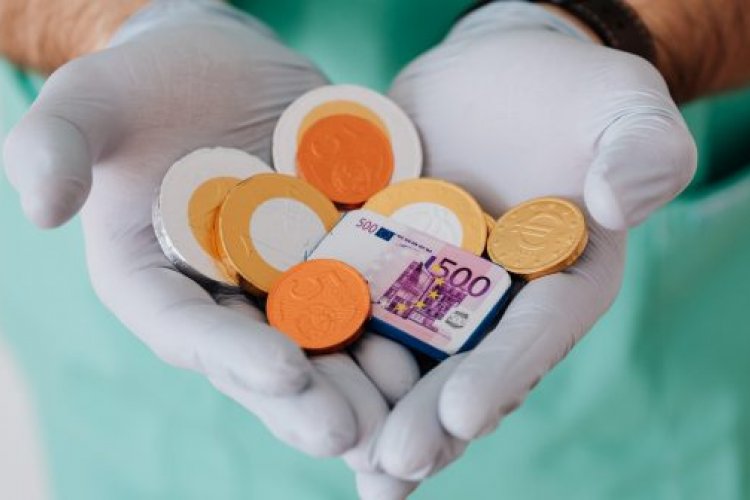Your Guide to Getting OTC Medicine at Chinese Pharmacies
Many moons ago, I decided to treat myself to a relaxing massage after my first week in Beijing.
About halfway through, after flipping myself over, the (female) masseuse began to massage my breasts. Now, this didn’t come as too much of a shock to me as I had spent a few years in Indonesia and breast massages were part and parcel of the deal. But this woman really went for it – and them. She was literally stretching my nipples like hand-pulled noodles.
She responded to my yelps and squeals with long-drawn-out sentences and the only word I could recognize sounded like the way a northern English person says tongue. I tried to grin and bear it, I really did, but she almost seemed to be taking a masochistic delight in my situation. I had enough.
So, like a true Brit, I apologized (or course) thanked her (for good measure) and paid the bill. It was in the retelling of this story to one of my colleagues the next day, that I learned my first Chinese word – tòng (pain).
I tell this story, not because I think this woman may be on the prowl, but because tong is a really useful term to know. But, what about those times when hand signals and repetition just don’t cut it? Sometimes, we've got issues and words aren’t medicine.
I don’t need no doctor (except when I do)
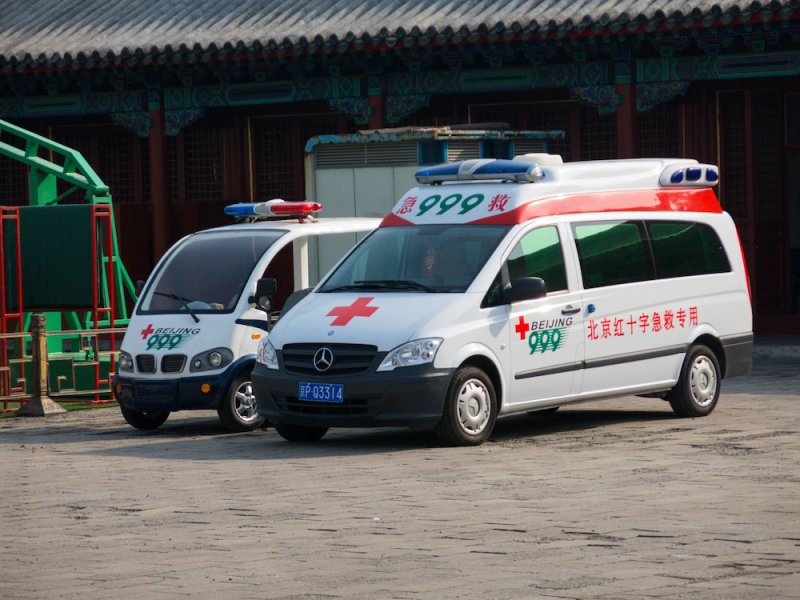
I am not a doctor, I am just someone who wants to share what I have discovered after many years of struggling to find what I need. If you, or someone you are with, are having trouble breathing, or suffering severe chest or abdominal pain; excessive bleeding; or a head trauma don’t go wandering down the street looking for a chemist, get help, stat, and contact one of these numbers;
Ambulance (English): 999
Foreign Emergency Services: 6525 5486
Police (Text): 12110
Police (English emergency hotline): 6525 5486
How can I ease the pain?
So, you aren’t having an emergency, and you just need some good old over the counter (OTC) pharmaceuticals. First-off, know what you are looking for.
Keep your eyes peeled for shops with a green cross. Pharmacies (yàodiàn, 药店) in China can be daunting places, rows-upon-rows of unrecognizable generic brands and staff who quite often speak little-to-no English. So below are some common ailments and the Chinese generic available to treat them:
Aspirin: bài ā sī pǐ líng (拜阿司匹灵)
Ibuprofen: bù luò fēn (布洛芬)
Paracetamol: pūrè xītòng (扑热息痛)

These painkillers are good for minor aches and pains, such as headaches or period pain, and they are affordable, well within the lower tens of kuai. You might be used to Ibuprofen as tablets, but I’ve found it more often as sachets of powder that need to be mixed into water. Paracetamol is harder to get, but not impossible, as many of the pharmacists I spoke to insisted that ibuprofen is better. Which it is and isn’t – for example if you are allergic or pregnant. It's always best to talk to your doctor before taking any OTC medicine.
Sick and tired: Some common conditions
Diarrhea (腹泻, fùxiè )
If it’s a case of too much hotpot and you would usually reach for Imodium – ask for yánsuān luò pài dīng àn (盐酸洛哌丁胺), which is loperamide. If it’s a bad bout, grab a box of rehydration salts, too (kou fu bu ye yan san — 口服补液盐三). These are also really good if you are running a fever or vomiting. Do not give anti-diarrhea medicine to children under 12.
Yeast infection (酵母菌感染, jiàomǔ jùn gǎnrǎn)
Do you have a little bird visiting but the burning, itching song that it sings is just not music to your ears? Ask for kè méi zuò yīndào piàn (克霉唑阴道片), this is a single tablet – used like Canesten Pessaries (ie… not orally) – that you pop-in downstairs before you go to bed.
Constipation (便秘, biànmì)
Have you had one too many baozi or a few too many bing? The American brand Dulcolax contains the organic compound Bisacodyl, which is transliterated as bǐshā kě ding (比沙可啶). This is fast acting if you need to get things moving.

I was also offered xin fu fang lu hui jiao nang (新复方芦荟胶囊), an aloe vera pill at a few pharmacies, which, they told me, if taken twice a day would loosen me right up. But, be warned, I did a cursory internet search and one (albeit dated…) Canadian trial had found it to contain high levels of mercury. So, I might just stick to prunes in the future…
Mouth ulcers (口腔溃疡, kǒuqiāng kuìyáng)
There is a famous (so my co-worker told me) Chinese powder for ulcers called guilin xigua shuang (桂林西瓜霜), which you dab onto the ulcer and there are also tablets called hua su pian (华素片), which you pop on the ulcer to dissolve slowly. To be honest, I just order Bongela off Taobao…
Some other phrases that might help…
Cough (咳嗽, késòu)
Flu (流感, liúgǎn)
Sore throat (喉咙痛, hóulóng tong)
Allergies (过敏, guòmǐn)
Muscle pain (肌肉疼痛, jīròu téngtòng)
Nausea (恶心, ěxīn)
Cuts or burns (切割或烧伤, qiēgē huò shāoshāng)
Common Cold (感冒, găn mào)
Cough (咳嗽, ké sòu)
Lots, if not all, of these medicines only have Chinese directions. Do your China life a favor and download a translation app or use the WeChat photo translate. This way you can be sure to follow the directions and not exceed the stated dose.
READ: Getting Tested for STDs in Beijing: Where to Go and What to Do
This article originally appeared on our sister site beijingkids.
Photos: Unsplash, Wikimedia, fridaymagazine.ae

